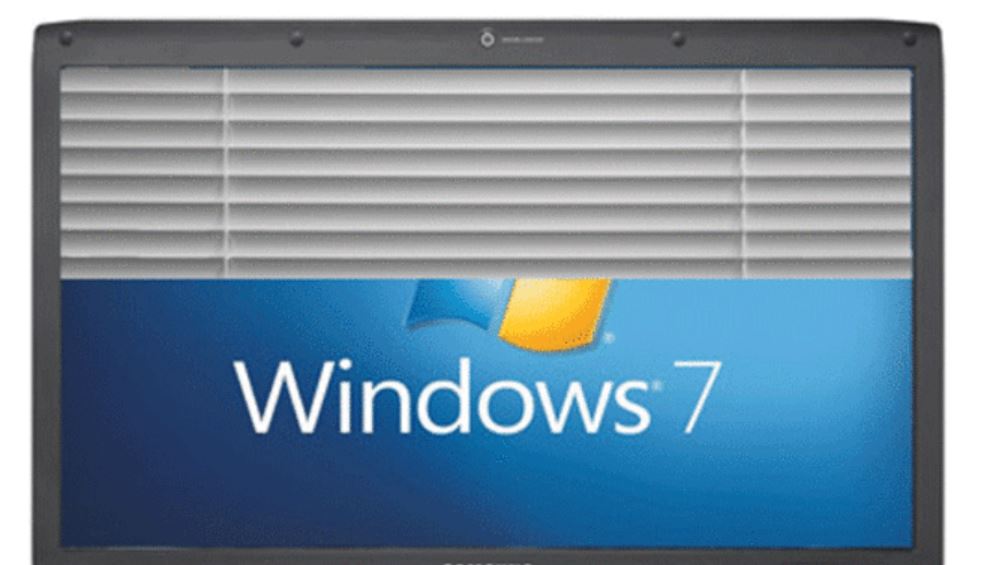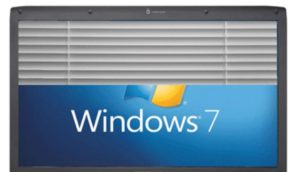31May
01Dec
Should Your Company Outsource to a Tech Provider?
A tech provider delivers the IT expertise small businesses need at a much lower cost than hiring IT staff. They can recommend, install, and manage technology according to business’ objectives and core competencies and ensure that critical data is safe.
That’s why nearly 70% of U.S. small to medium sized businesses (SMBs) work with a tech provider for some or all of their IT needs.
Offload tasks that are difficult and/or time consuming by working with a tech provider. That’s one of the reasons that managed data protection services are so popular today. Protecting company data through backup and restore is a pain point for companies of all sizes; An MSP ensures full protection for SMB company data. This reduces business risk by putting complex tasks in the hands of experts.MSPs can also initiate new projects and implement new technologies quickly. They have the resources and flexibility to get projects off the ground which might take weeks or months in-house. Implementing new technology with your existing environment is complicated and time consuming. Because MSPs work with a wide variety of clients with different IT needs, they are uniquely equipped to take on complex IT projects. They also have vast experience troubleshooting the products they use—allowing them to resolve problems quickly.
At Profulgent Technology, our clients consider us a subsidiary of their IT department.
There are a variety of reasons that SMBs need help from third-party IT firms. IT skill and expense tops the list for smaller businesses. Very small companies stand to reduce IT costs while getting the IT expertise they need by partnering with a service provider. Larger businesses typically work with tech providers to offload a number of difficult or time-consuming tasks, allowing their internal IT staff to focus on mission-critical activities. We have an ebook available which highlights the key factors required in deciding what's best for your company. Contact Us today for a copy of the free ebook.
24Sep
Why use a local Support company?
Learn how your business can benefit from working with a Managed Service Provider (MSP) like Profulgent Technology. We are a local support company in Laurence Harbor, NJ. And we use real people in our office. Our team responds to you personally and professionally for all of your IT support!
Support Local!
There are far-reaching advantages to deciding to “shop local.” By supporting local businesses, you are in turn supporting your local economy. More money stays in a community when purchases are made at locally owned. Rather than nationally owned – businesses.- Local businesses are more accountable to their local communities and donate more money to non-profits.
- Supporting local businesses is good for the environment because they often have a smaller carbon footprint than larger companies.
Get Started
So get in touch with us today. Support your local economy! Furthermore, get the help you need!
27Aug
When Is Your Business Ready For Managed IT Services?
 If you are a small business owner and considering whether or not Managed IT Services will benefit your company, the answer is almost always- yes. There is little doubt that most small businesses can benefit from Managed IT Services, yet that in itself does not always justify the cost of bringing on a third party provider. Accepting that Managed IT Services Providers can offer solutions to common problems found in small business operation, the real question is: when does it make sense to switch from in house IT solutions to the next level which includes Managed IT Services?
There is a good chance if you are already considering Managed IT Services the time might be near when you are ready to make the switch. Small business owners do not have the luxury of a never ending IT budget, therefore it is very important to recognize when your current IT management is no longer cost effective. For most small businesses this occurs when the business grows to the point of needing either a contract with a local service provider who is "on call" for IT needs or hiring a full time IT person to remain on staff. There is of course another option for small business owners to consider and that is hiring a Managed IT Services Provider to oversee their IT needs.
If you are still unsure that your business is ready for the switch, ask yourself the following questions:
If you are a small business owner and considering whether or not Managed IT Services will benefit your company, the answer is almost always- yes. There is little doubt that most small businesses can benefit from Managed IT Services, yet that in itself does not always justify the cost of bringing on a third party provider. Accepting that Managed IT Services Providers can offer solutions to common problems found in small business operation, the real question is: when does it make sense to switch from in house IT solutions to the next level which includes Managed IT Services?
There is a good chance if you are already considering Managed IT Services the time might be near when you are ready to make the switch. Small business owners do not have the luxury of a never ending IT budget, therefore it is very important to recognize when your current IT management is no longer cost effective. For most small businesses this occurs when the business grows to the point of needing either a contract with a local service provider who is "on call" for IT needs or hiring a full time IT person to remain on staff. There is of course another option for small business owners to consider and that is hiring a Managed IT Services Provider to oversee their IT needs.
If you are still unsure that your business is ready for the switch, ask yourself the following questions:
- Do you find IT costs are continually increasing?
- Is it difficult to find and retain quality IT staff?
- Is your network and workstation performance and speed decreasing?
- Are your employees spending more time dealing with IT issues than focusing on job they have been hired to perform?
- Do you have problems with viruses, spyware and other security issues that could threaten the confidentiality of proprietary information?
- In the event of a natural or man-made disaster, would your network be at risk? Would recovery be a concern?
- Do you find network downtime is increasing?





